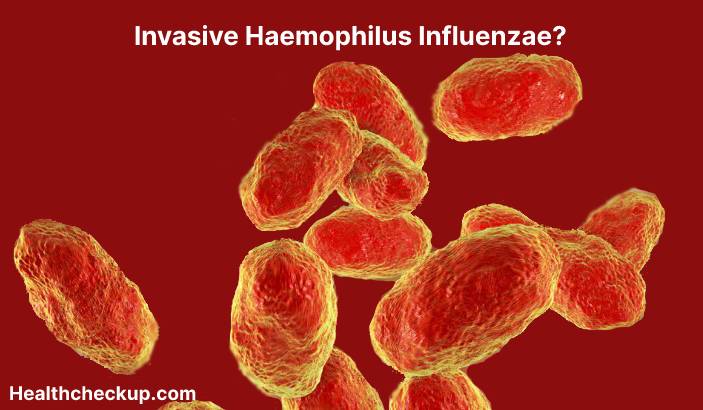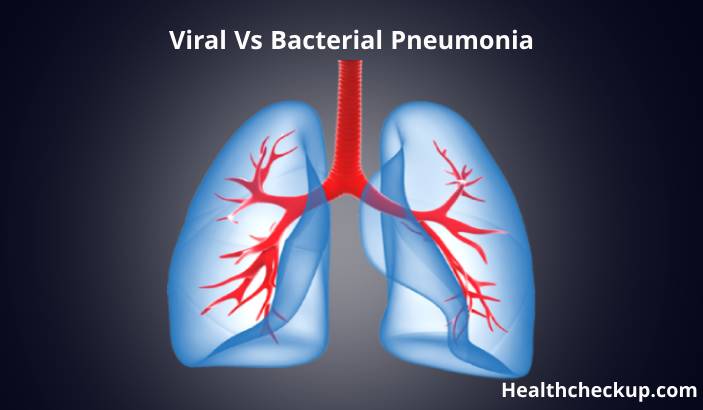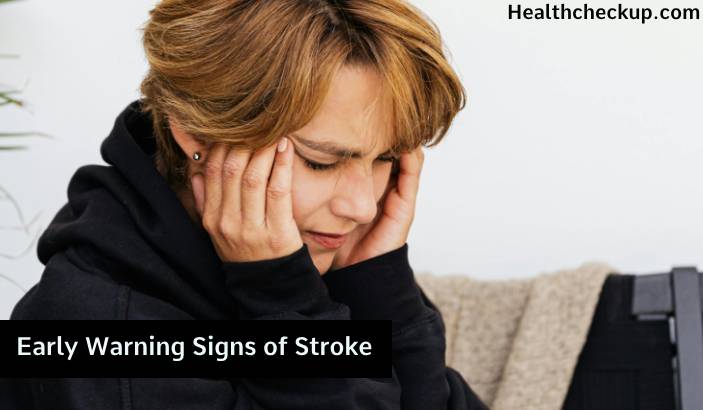Invasive Haemophilus influenzae disease is a serious infection caused by the bacterium Haemophilus influenzae. The bacterium is found in the respiratory tract of humans and can cause a range of infections, including pneumonia, meningitis, and sepsis.
There are several types of Haemophilus influenzae, including type b (Hib), which is the most common cause of invasive disease. Other types of Haemophilus influenzae, such as types a, c, d, and e, are less common causes of invasive disease.
Symptoms of invasive Haemophilus influenzae disease include:
- Fever
- Cough
- Shortness of breath
- Sore throat
- Headache
- Stiff neck
- Lethargy
In severe cases, the infection can lead to sepsis, which is a life-threatening condition characterized by:
- High fever
- Rapid breathing
- Rapid heart rate
Invasive Haemophilus influenzae disease is diagnosed through laboratory tests that detect the presence of the bacterium in a sample of respiratory secretions, blood, or cerebrospinal fluid. The tests include cultures, PCR, or serology.
Treatment for invasive Haemophilus influenzae disease include:
- Antibiotics, such as penicillins or cephalosporins
- Supportive care, such as oxygen therapy and fluids
- Hospitalization
In severe cases, the patient requires mechanical ventilation or other life-support measures.
To prevent invasive Haemophilus influenzae disease, it is important to get vaccinated against the bacterium. The Hib vaccine is recommended for children under the age of five, and it is usually given as a series of shots. The vaccine is also recommended for certain high-risk individuals, such as people with HIV or other immune system disorders.
In addition to getting vaccinated, there are several other steps you can take to reduce your risk of invasive Haemophilus influenzae disease:
- Wash your hands frequently with soap and water, especially after blowing your nose, coughing, or sneezing.
- Avoid close contact with people who are sick.
- Cover your mouth and nose with a tissue or your elbow when you cough or sneeze.
- Stay home from work or school if you are sick.









